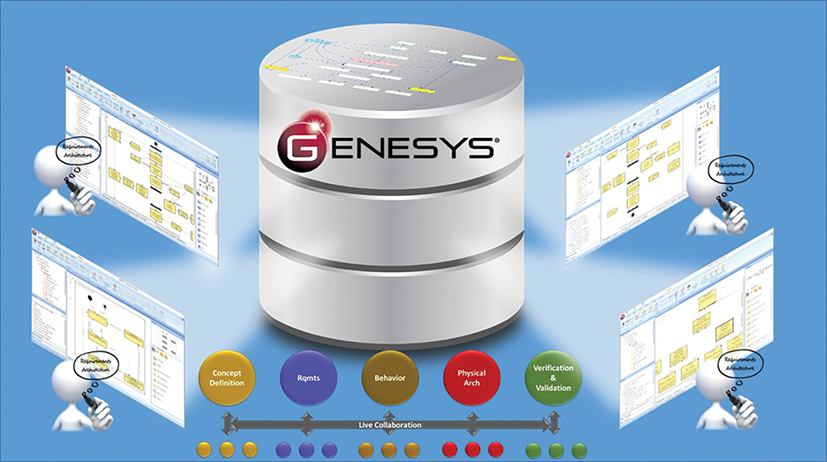Driving Towards a Hydrogen-Powered Future: Overcoming Challenges with Model-Based Systems Engineering
Key Ideas
- Transitioning to hydrogen is vital for the transportation sector, aiming for 50% green hydrogen by 2025.
- Addressing challenges like building infrastructure, supply chain uncertainties, and ensuring demand for hydrogen.
- Advocating for flexible and modular systems to scale up production and reduce costs in the hydrogen market.
- Model-based systems engineering, like Zuken's Genesys tool, offers a solution for consistent, flexible, and collaborative system modeling.
At the Battery Tech Expo in Silverstone, Nikola Kontic from Zuken discussed the importance of hydrogen in transportation and the challenges in its market. Emphasizing the need to power hydrogen hubs with renewable energy, Kontic highlighted the growing potential of the hybrid market but stressed the necessity of infrastructure development. He pointed out upcoming challenges in the supply chain and the importance of material supply, demand, and timely delivery of hydrogen. To address these issues, Kontic suggested moving towards standardized mass production using flexible and modular systems. He explained how model-based systems engineering, such as Zuken's Genesys tool, provides a single source of truth and helps maintain consistency across a product's life cycle. This tool allows for requirements capture, behavior description, and system verification, fostering collaboration and innovation in hydrogen technologies. By effectively communicating information and accelerating technology adoption, Zuken aims to drive innovation and the widespread adoption of hydrogen in transportation.
Topics
Production
Renewable Energy
Infrastructure
Technology
Innovation
Transportation
Supply Chain
Modular Systems
Systems Engineering
Latest News
